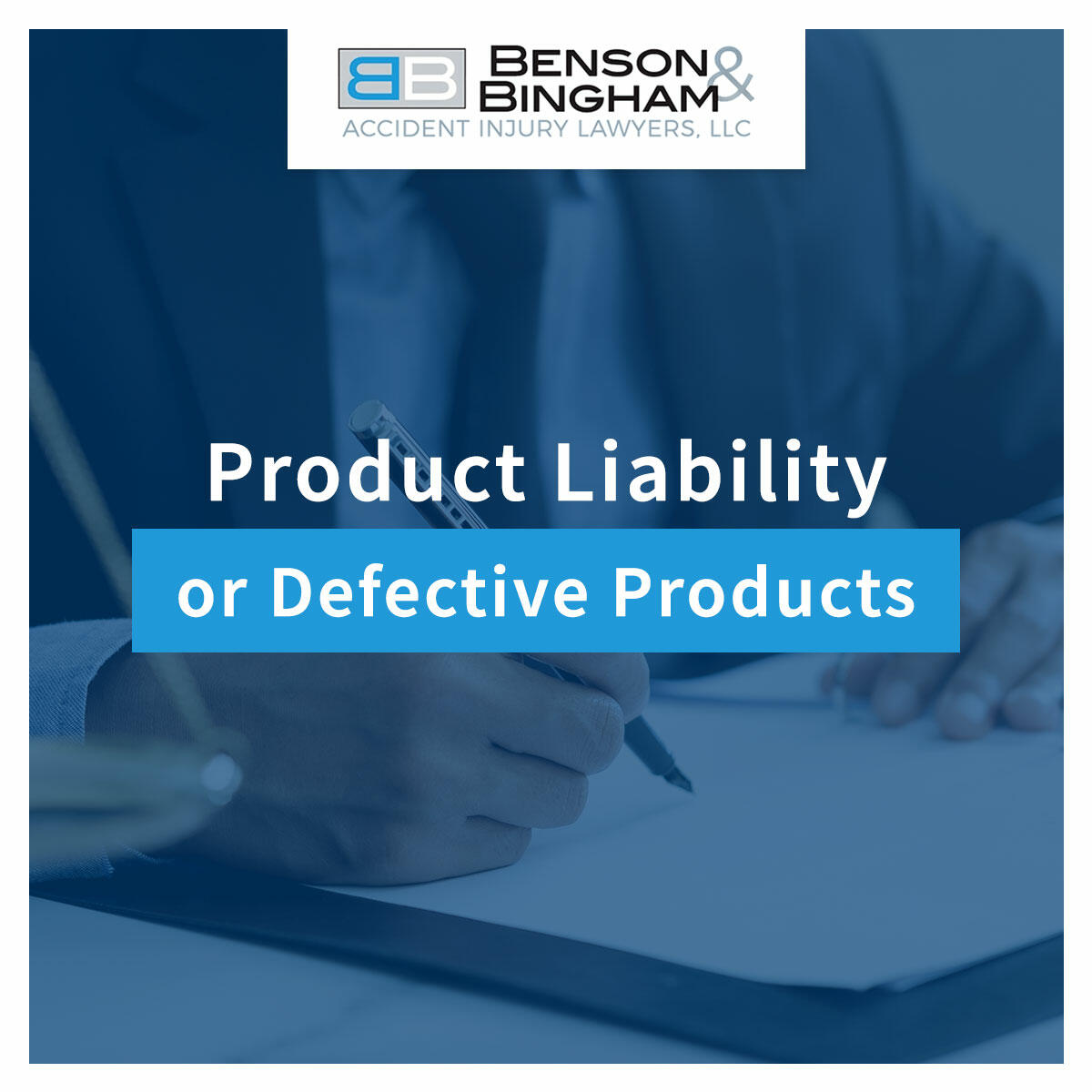In early May, Exercise Equipment Company Peloton, known for their innovative exercise bikes which gained immense popularity during the pandemic, announced that it would be recalling more than two million of its bikes over concerns that its seat could break during use, and thus injure the consumer. If you own one of these bikes, you are advised to immediately stop using it, and contact the maker for a free repair.
The recall comes after several customers reported the seat detaching during use, resulting in fractured wrists, lacerations, and other injuries. The Consumer Product Safety Commission issued the recall on the bike model number PL-01, purchased in the U.S. between January 2018 and May 2023, and Peloton itself issued a statement that while only 35 of the 2,160,000 bikes experienced a seat post breaking, they are voluntarily recalling the product as part of their commitment to safety [1]
This isn’t the first time Peloton has come under fire for its product’s safety. In 2020, the company was forced to recall its treadmills after it killed one child and injured several others. Peloton stated that there were seventy-nine reports of adults, children, pets, and objects being pulled under the rear of the treadmill, with twenty-nine of the cases involving children, and one involving the case of a six-year-old boy who was killed. The company identified a faulty touchscreen which would release the treadmill back without warning which was the cause of these injuries. Following the news of this recall Peloton’s stock sharply dropped fifteen percent, during a time where the company saw all-time highs following a surge of purchases during the COVID-19 Pandemic [2]
This isn’t the first time the Peloton bikes have been recalled either and In October of 2019, Peloton recalled their bikes as well, this time noting that there had been reports of broken pedals causing injuries such as bruising and lacerations, however no deaths were reported with this defect. [2]
Recalls aren’t the only hit that Peloton has taken, and in 2021, the HBO Series “Sex and the City” surprised fans when a fan favorite character died from a heart-attack while taking a Peloton class. While the placement of Peloton bikes within the show was intentional and coordinated, the context of its inclusion was not agreed upon, and the scene implied that the machine, meant to boost one’s health, could potentially result in health complications, which didn’t go over well with many customers or Peloton themselves. The company shares dropped nearly seventy-five percent, an all-time low [3].
What is Product Liability Law?
We’ve written previously about product liability with Harry Reid’s product liability suit and the recall of Fisher Price’s Rock ‘n Play toy, but didn’t define the various tenets of the law. Product recalls and dangerous/defective products are not as uncommon as we may think, and defective products cause thousands of injuries annually in the United States. Product Liability law is in place to protect us from such dangerous products and ensure companies are held accountable if they intentionally put defective products in the hands of the consumer. This includes unexpected defects or dangers, and products that “do not meet the ordinary expectation of the consumer”. [4]
While there are no overarching federal product liability laws, there are state statutes, as well as the general theories of negligence, liability, and breach of warranty, that all come into play.
The following everyday items malfunctioning often come under products liability cases:
- Cars/Vehicles
- Strollers
- Prescription Medication
- Medical Equipment
- Contraction Equipment
- Machinery
- Electronics
- Food Products/Packaging
- Grills
- Cribs
- Car Tires
- Children’s Toys
- Appliances
- Lawn movers
Product Liability in Nevada
Product liability claims in Nevada often fall under three main categories: design defects, manufacturing defects, and insufficient notifications of hazards. A design defect would be if there were a serious flaw that makes the product dangerous to the consumer. A famous example of this is one of the first models of Ford cars, which had a gas tank located in the rear of the vehicle, causing them to catch fire easily in the event of a car crash.
The second category, manufacturing defects, is when a product is designed safely, but there is a flaw during the manufacturing process, resulting in the same model/item being dangerous to the consumer. The Peloton cases discussed above would be an example of this. This would fall under manufacturer’s negligence.
The last category, insufficient notification of hazard, is when a company does not warn the consumer of the possible harm an item may cause. This could be poor labeling, incorrect labeling, or a lack of instructions to use the product. An example of this could be a medication that falsely advertises or fails to label side-effects.
If you feel as though you have suffered any of the injuries or property damage listed above, you may be eligible for compensation, and if you are unsure, it is best to contact a Nevada lawyer who deals with product liability cases. If your lawyer believes that you may have a claim, your lawsuit may involve personal injury laws, mass tort, or a class action. The classification of your case can impact how it is handled, as well as the outcomes and possible classifications. If your claim is a personal injury suit, you will be individually filing a suit against the manufacturer of the specific product. A mass tort claim means that a group of individuals who experienced the same symptoms, or damage while using a single product brings a suit against the manufacturer collectively. While class actions also include many plaintiffs, the difference lies in compensation and a class-action means that the settlement is split between everyone involved, and tiers are often used to separate compensation. On the other hand, in a mass tort claim, you are treated as an individual, and your compensation depends upon your individual injuries/damages.
Contacting a product liability lawyer in Nevada if you’ve been a victim of product liability or a defective product can help you decide if you have a claim, and understand which lawsuit is right for your situation. [5]
[1] https://www.bbc.com/news/business-65563993
[2] https://www.nytimes.com/2021/05/05/business/peloton-recall-tread-plus.html
[4] https://www.findlaw.com/injury/product-liability/what-is-product-liability.html
[5]https://www.martindale.com/legal-news/article_shook-stone_2526842.htm


